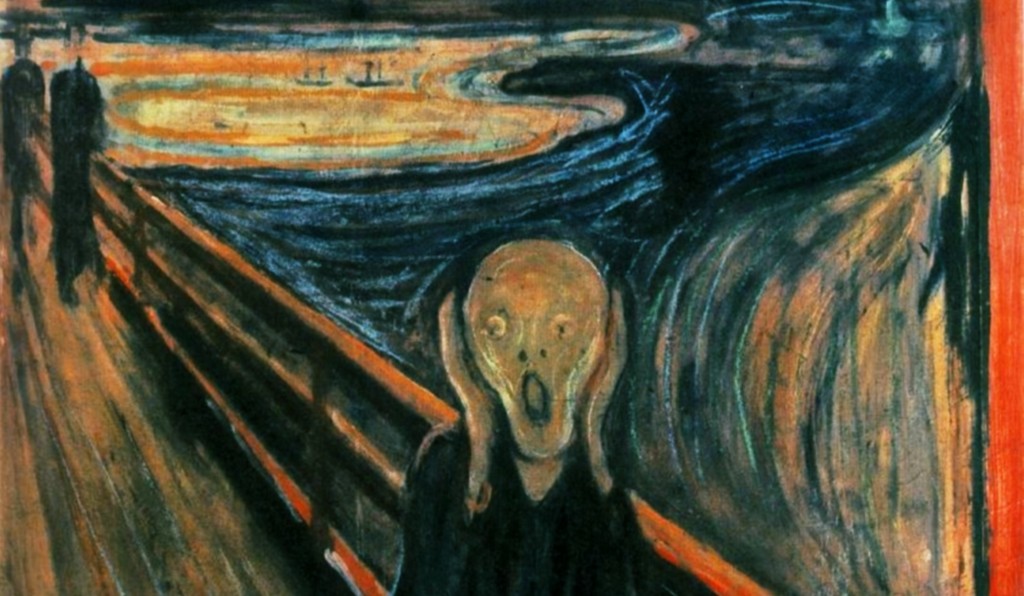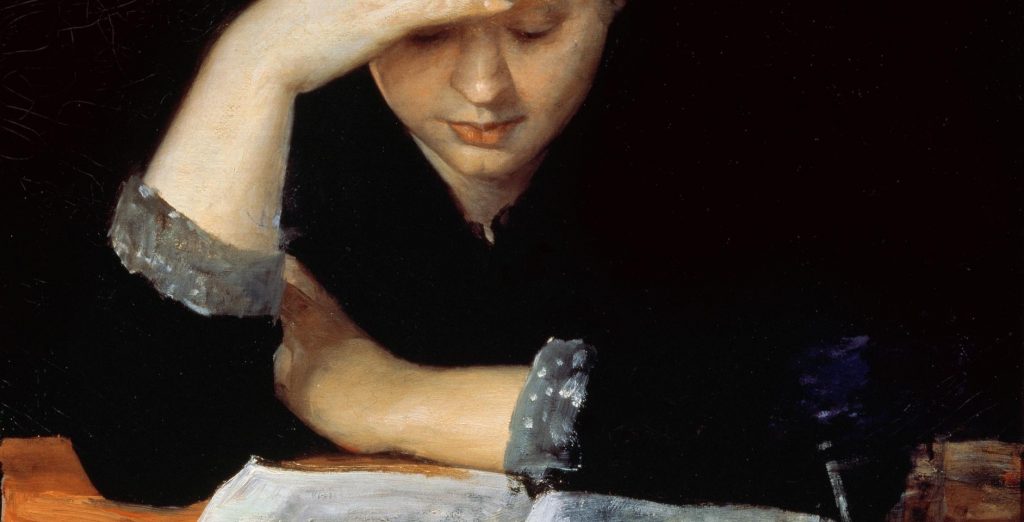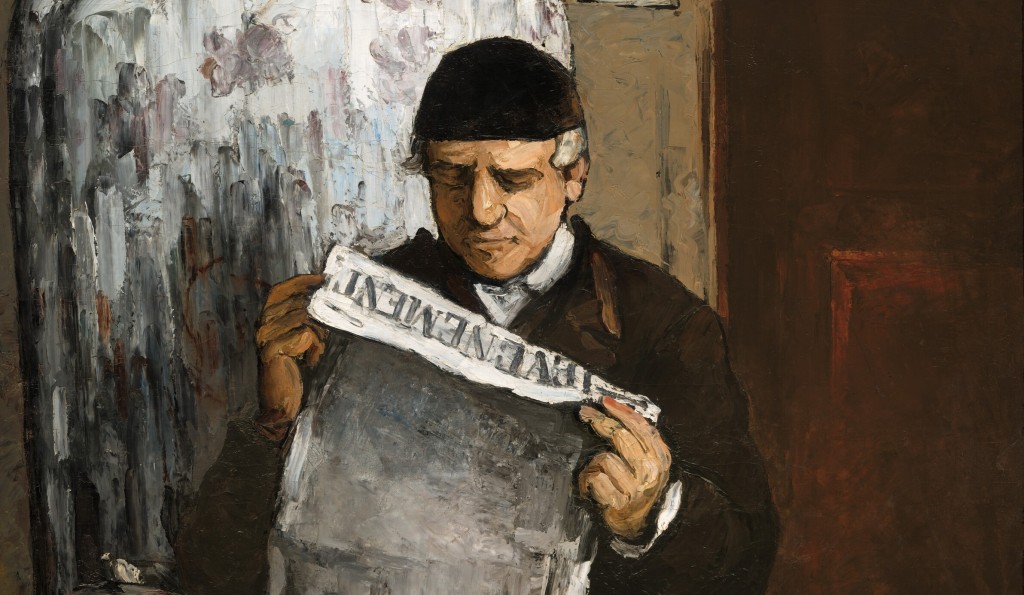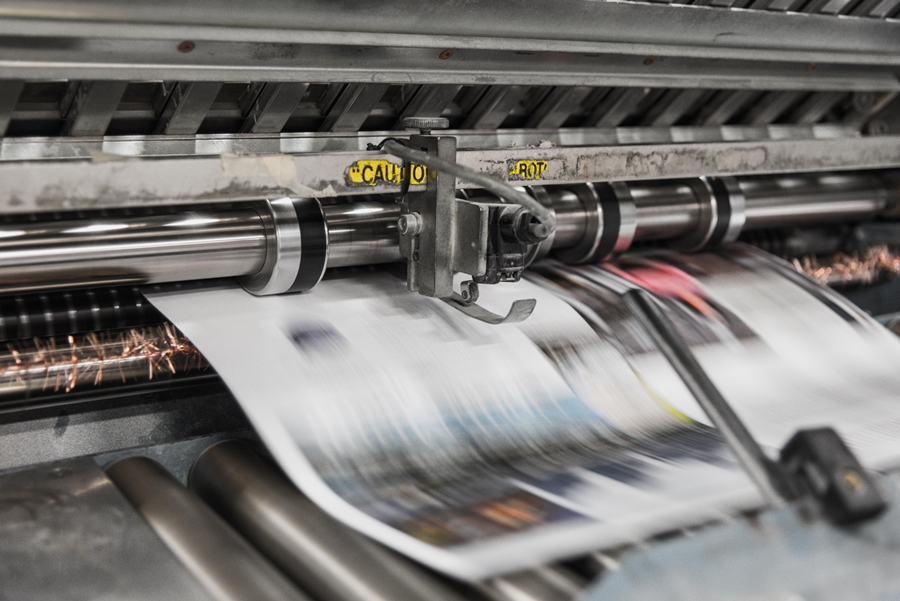
Herrings in Hungary: Bizarre, Satirical Take on Hungary’s New Law Attacking Writers’ Freedoms
Hungary is a beautiful country: homogeneous, democratic, united, and Christian. These facts are so obviously true that I do not even have to provide sources. My country also has an excellent educational system, which teaches journalists working in the booming and free media sector that sarcasm is not a good linguistic tool to use in an article. Why should I do otherwise?





![[CONFERENCE] Media Consumption Patterns and Media Landscapes in Illiberal Regimes [CONFERENCE] Media Consumption Patterns and Media Landscapes in Illiberal Regimes](http://4liberty.eu/phidroav/2022/11/MEDIA.jpg)



![Finish Line: Forecasting 2022 Hungarian Elections [CONFERENCE REPORT] Finish Line: Forecasting 2022 Hungarian Elections [CONFERENCE REPORT]](http://4liberty.eu/phidroav/2021/11/vote-elections-1024x601.jpg)
